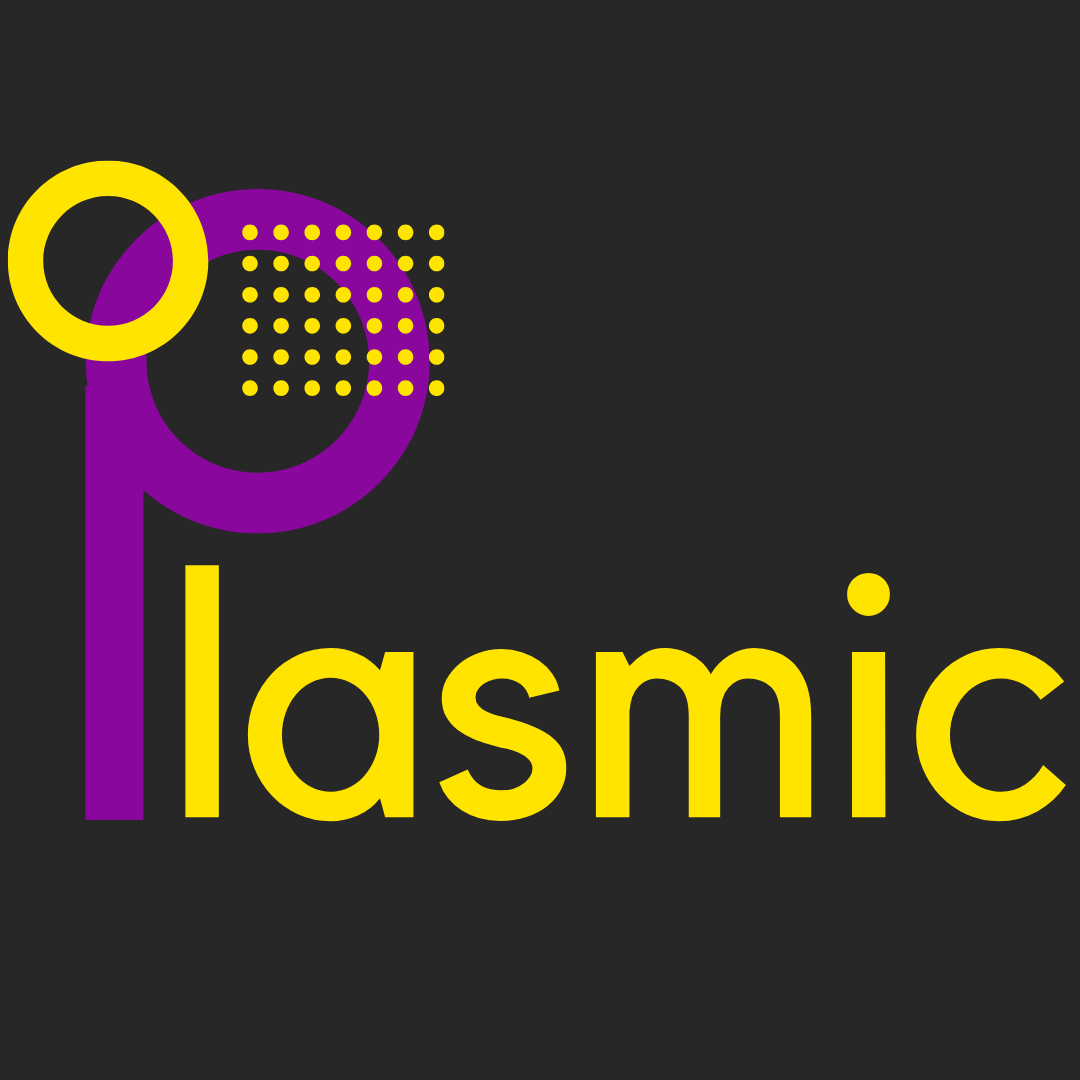Marketing is evolving at breakneck speed. AI, automation, and shifting consumer behaviour are transforming how brands connect with their audiences. Companies that fail to adapt risk falling behind, while those that embrace change will have a competitive edge.
As we enter 2025, five disruptive marketing trends will define the industry. Understanding these trends now will help businesses prepare for what’s coming—and future-proof their marketing strategies.
AI-Generated Content Will Dominate (But Creativity Will Win)
Artificial intelligence is already generating blog posts, ad copy, videos, and even social media content. Platforms like ChatGPT, Jasper, and Midjourney are making AI-powered content creation faster and more cost-effective than ever.
But here’s the catch:
- Generic AI content won’t stand out. Everyone is using the same tools, so brands must infuse AI-generated content with creativity and human insight to stay ahead.
- AI will assist, not replace, marketers. AI can handle data-driven tasks, but storytelling, emotional intelligence, and brand authenticity will remain uniquely human advantages.
How to Prepare:
- Use AI tools to streamline content creation but always add a human touch.
- Focus on brand storytelling—authenticity will set you apart.
- Experiment with AI-generated videos, blog posts, and social media, but ensure they align with your brand voice.
The Death of Third-Party Cookies Will Reshape Digital Advertising
Google is set to phase out third-party cookies in 2025, completely changing how businesses track and target consumers online. This means:
- Retargeting ads will become less effective. Brands will need new ways to personalize marketing.
- First-party data is the new gold. Companies that own their customer data (email lists, loyalty programs) will thrive.
- AI-powered contextual advertising will rise. Instead of tracking individuals, ads will be placed based on content relevance.
How to Prepare:
- Build first-party data through email lists, loyalty programs, and direct customer engagement.
- Invest in privacy-first marketing strategies (zero-party data collection, surveys, interactive content).
- Explore AI-driven contextual advertising that targets users based on real-time content, not personal tracking.
The Rise of AI-Powered Hyper-Personalisation
Consumers now expect highly personalized experiences—generic marketing no longer works. In 2025, AI will enable hyper-personalization at scale by analyzing:
- Purchase behavior
- Browsing history
- Engagement patterns
AI-driven tools will automatically create tailored experiences across emails, websites, and social media—down to the individual level.
How to Prepare:
- Implement AI-driven customer segmentation for more effective targeting.
- Use dynamic content to deliver personalised experiences in real-time.
- everage chatbots and AI-powered recommendations to improve customer journeys.

